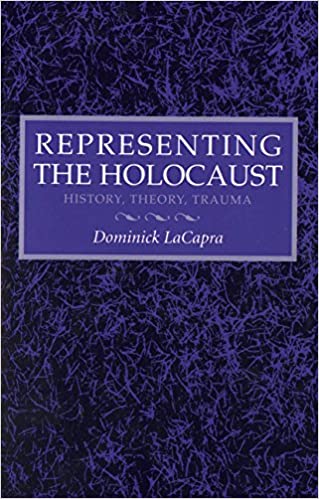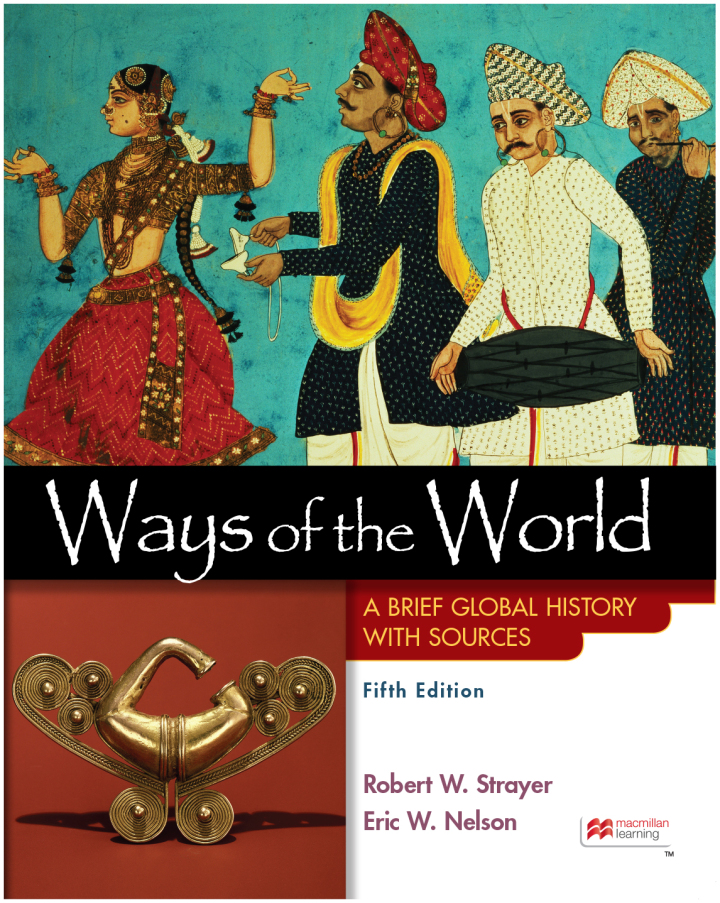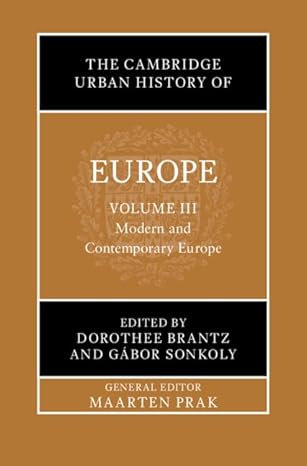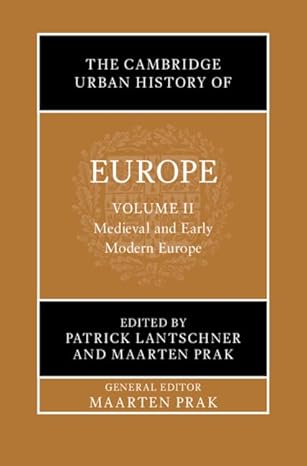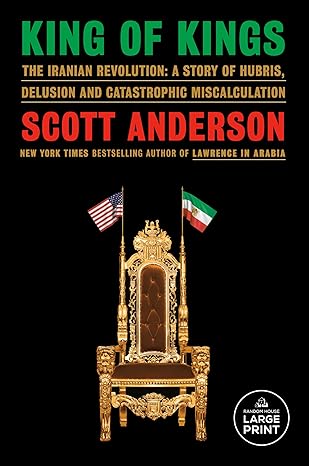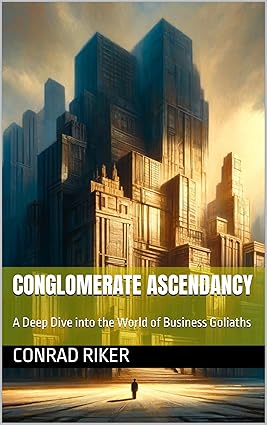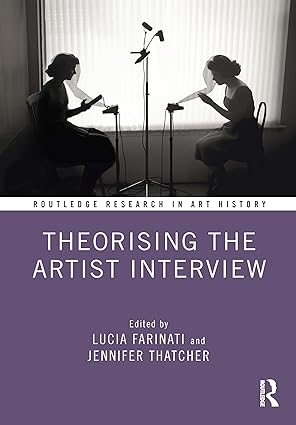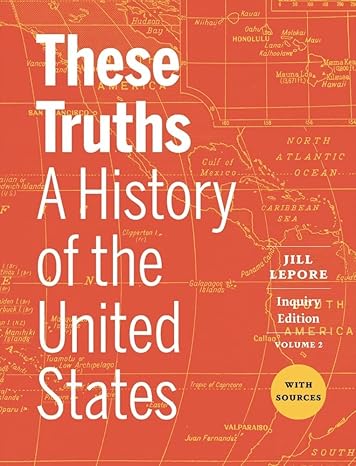Defying comprehension, the tragic history of the Holocaust has been alternately repressed and canonized in postmodern Western culture. Recently our interpretation of the Holocaust has been the center of bitter controversies, from debates over Paul de Man's collaborationist journalism and Martin Heidegger’s Nazi past to attempts by some historians to downplay the Holocaust’s significance. A major voice in current historiographical discussions, Dominick LaCapra brings a new clarity to these issues as he examines the intersections between historical events and the theory through which we struggle to understand them.In a series of essays―three published here for the first time―LaCapra explores the problems faced by historians, critics, and thinkers who attempt to grasp the Holocaust. He considers the role of canon formation and the dynamic of revisionist historiography, as well as critically analyzing responses to the discovery of de Man’s wartime writings. He also discusses Heidegger’s involvement with National Socialism, and he sheds light on postmodernist obsessions with such concepts as loss, agora, dispossession, deferred meaning, and the sublime. Throughout, LaCapra demonstrates that psychoanalysis is not merely a psychology of the individual but that its concepts have sociocultural dimensions and can help us perceive the relationship between the present and the past. Many of our efforts to comprehend the Holocaust, he shows, continue to suffer from the traumatizing effects of its events and require a "working through" of that trauma if we are to gain a more profound understanding of the meaning of the Holocaust.
چکیده فارسی
تاریخ غم انگیز هولوکاست به تناوب در فرهنگ پست مدرن غربی سرکوب و قدیس خوانده شده است. اخیراً تفسیر ما از هولوکاست مرکز مناقشات تلخی بوده است، از بحثهایی در مورد روزنامهنگاری همکاریگرایانه پل دو من و گذشته نازی مارتین هایدگر تا تلاشهای برخی از مورخان برای کماهمیت جلوه دادن اهمیت هولوکاست. دومینیک لاکاپرا که صدای اصلی بحثهای تاریخنگاری کنونی است، با بررسی تقاطعهای بین رویدادهای تاریخی و نظریهای که از طریق آن برای درک آنها تلاش میکنیم، وضوح جدیدی به این موضوعات ارائه میکند. در مجموعهای از مقالات - سه مقاله برای اولین بار در اینجا منتشر شد. لاکاپرا به بررسی مشکلاتی می پردازد که مورخان، منتقدان و متفکرانی که سعی در درک هولوکاست دارند با آن مواجه هستند. او نقش شکلگیری کانون و پویایی تاریخنگاری تجدیدنظرطلب را مورد توجه قرار میدهد و همچنین به تحلیل انتقادی پاسخها به کشف نوشتههای دمان در زمان جنگ میپردازد. او همچنین در مورد درگیری هایدگر با ناسیونال سوسیالیسم بحث می کند و وسواس پست مدرنیستی را با مفاهیمی مانند فقدان، آگورا، سلب مالکیت، معنای معوق و امر متعالی روشن می کند. لاکاپرا در سرتاسر نشان می دهد که روانکاوی صرفاً روانشناسی فرد نیست، بلکه مفاهیم آن دارای ابعاد اجتماعی-فرهنگی است و می تواند به ما در درک رابطه بین حال و گذشته کمک کند. او نشان میدهد که بسیاری از تلاشهای ما برای درک هولوکاست، همچنان از تأثیرات آسیبزای رویدادهای آن رنج میبرد و اگر میخواهیم درک عمیقتری از معنای هولوکاست به دست آوریم، مستلزم «کار کردن» آن ضربه است. p>
ادامه ...
بستن ...
Ebook details:
عنوان: Representing the Holocaust: History, Theory, Trauma
نویسنده: LaCapra, Dominick
ناشر: Cornell University Press (June 28, 1994)
زبان: English
شابک: 0801429978, 978-0801429972
9781501705083 1501705083
حجم: 27 Mb
فرمت: Original PDF
ادامه ...
بستن ...
